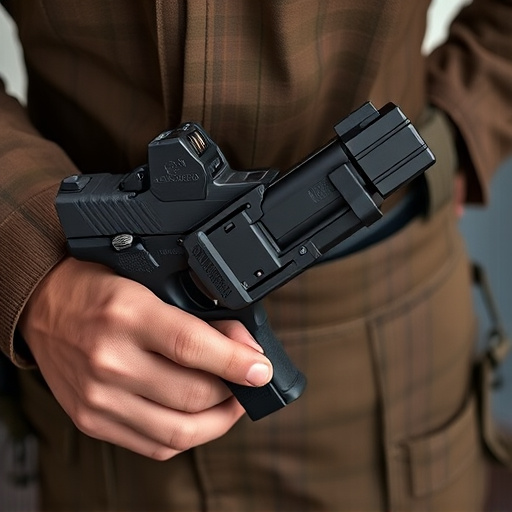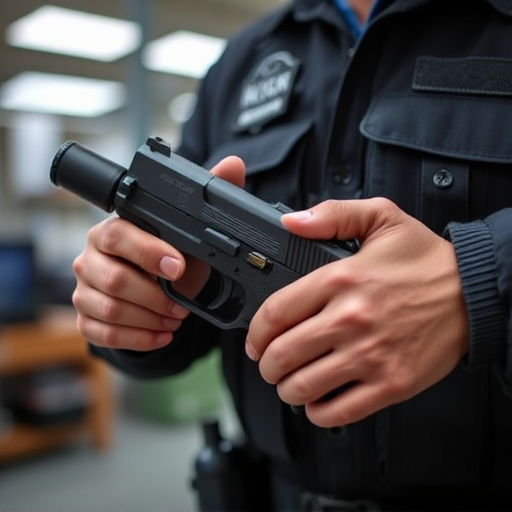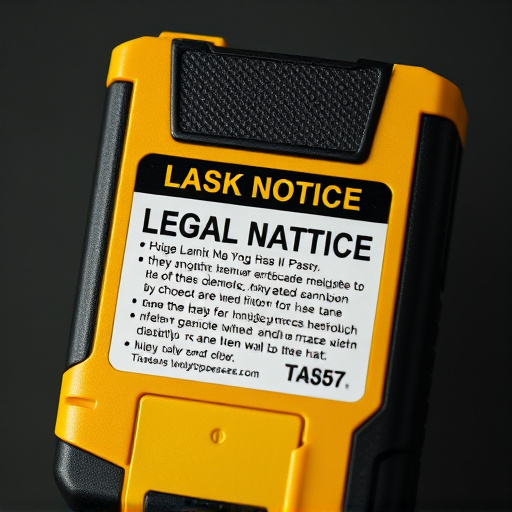Understanding and complying with local laws regarding defensive products like pepper spray and stun guns is crucial for legal safety and responsible self-defense practices. The "stand your ground" vs. "no-carry" states create a complex landscape, making thorough research of permit requirements and legal carrying spaces essential before acquiring and using such tools.
“In today’s uncertain times, understanding your rights regarding self-defense product possession is crucial. This comprehensive guide delves into the legal aspects of carrying defense tools, providing clarity on defining self-defense, identifying permissible devices, and navigating state-specific regulations. From licensing requirements to safeguarding your right to protect yourself, this article equips you with knowledge to make informed decisions. Stay ahead, stay safe—know your rights when it comes to legal self-defense product possession.”
- Understanding Legal Definitions of Self-Defense
- What Tools Are Considered Defense Devices?
- Licensing and Permits for Responsible Possession
- State Laws: Rights and Restrictions Explained
- Safeguarding Your Right to Self-Protection
Understanding Legal Definitions of Self-Defense
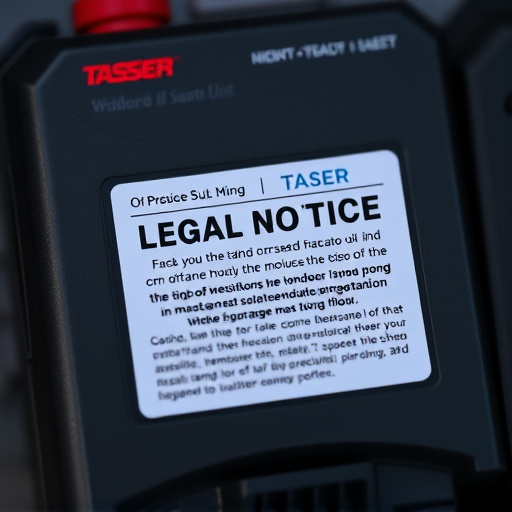
The concept of self-defense is a fundamental right, but understanding its legal definitions and boundaries is crucial when considering the possession of defensive products. In many jurisdictions, self-defense refers to using reasonable force to protect oneself or others from imminent harm. This involves assessing the threat level and determining if the response is proportionate to stop or repel an attack. The legal aspects of carrying defense tools, such as pepper spray or stun guns, are closely tied to these definitions.
Knowing local laws is essential, as regulations vary widely regarding which defensive products are permissible and under what circumstances they can be used. For instance, some areas may allow only certain types of self-defense weapons, restrict their use inside homes or public spaces, or mandate specific age limits or training certifications for ownership. Staying informed about these legalities ensures compliance and enhances the responsible use of defense tools for personal safety.
What Tools Are Considered Defense Devices?
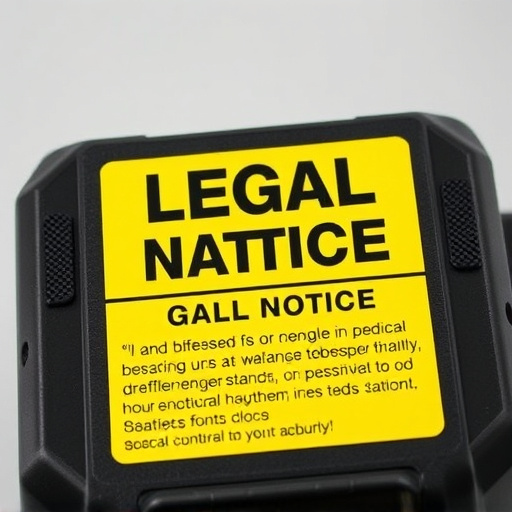
When discussing the legal self-defense product possession, it’s crucial to understand what tools are considered defense devices. Within the context of the law, defense devices encompass a range of equipment designed and intended for personal protection against physical harm. This includes items such as pepper spray, stun guns, tasers, and certain types of self-defense keychains. These tools are specifically engineered to incapacitate or deter would-be assailants, providing individuals with a means to protect themselves in potentially dangerous situations.
The legal aspects of carrying defense tools vary significantly across jurisdictions. It’s essential to research and understand the specific laws in your area before acquiring and carrying any self-defense device. Some regions have stringent regulations regarding who can possess certain types of defense equipment, where they can be carried, and under what circumstances they can be used. Compliance with these legal requirements not only ensures personal safety but also avoids potential legal repercussions.
Licensing and Permits for Responsible Possession
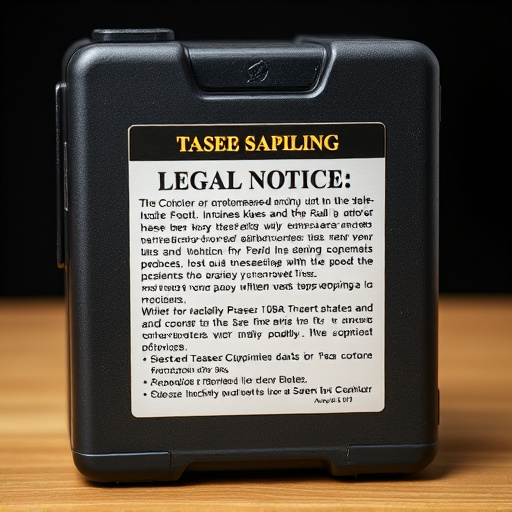
When it comes to the legal self-defense product possession, understanding licensing and permits is crucial for responsible ownership. The laws surrounding the carriage of defense tools vary greatly from one jurisdiction to another, with some places imposing strict regulations while others offer more lenient policies. It’s essential to research and comply with local, state, or provincial legislation before acquiring or carrying any self-defense device.
Obtaining the necessary licenses and permits ensures not only your compliance with the law but also demonstrates your commitment to responsible ownership. This process typically involves background checks, training requirements, and potential applications for specific types of defense tools. Staying informed about the legal aspects of carrying defense tools is key to protecting yourself while adhering to the letter of the law.
State Laws: Rights and Restrictions Explained
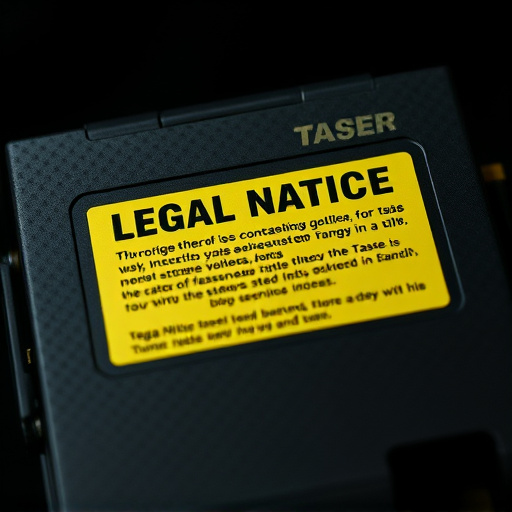
When it comes to the legal self-defense product possession, understanding state laws is paramount. The rights and restrictions vary significantly across different states in the US, shaping the landscape for citizens looking to protect themselves. What’s permissible in one state might be heavily restricted or outright banned in another, particularly when it comes to carrying defensive tools like firearms, pepper spray, or stun guns.
The legal aspects of carrying defense tools involve a complex interplay of constitutional rights, local ordinances, and federal regulations. For instance, some states have “stand your ground” laws that allow citizens to use force, including deadly force, if they perceive an imminent threat to their safety. Conversely, other states have “no-carry” or strict licensing requirements for certain types of defensive equipment. Staying informed about these legal nuances is crucial to ensuring compliance and safeguarding one’s rights when it comes to self-defense.
Safeguarding Your Right to Self-Protection
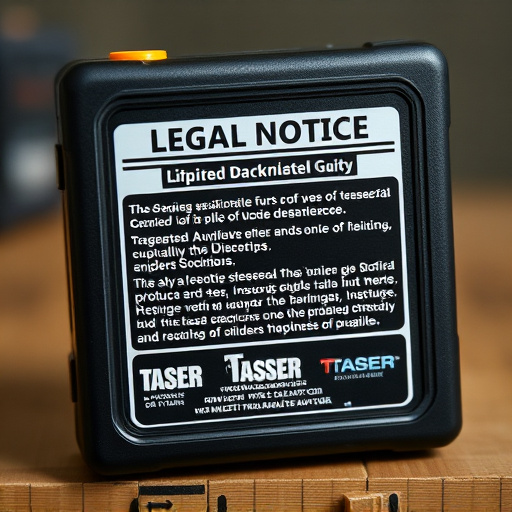
In today’s world, ensuring your personal safety and the legal aspects of carrying defense tools are more important than ever. The right to self-protection is a fundamental human right, and it’s crucial to understand the legal framework surrounding defensive products. This includes knowledge of local, state, and federal laws, which can vary significantly.
Carrying defense tools for personal safety must be done responsibly and within legal boundaries. It involves researching and adhering to regulations related to permit requirements, permitted weapons or devices, and public spaces where they can be legally carried. Staying informed about these legal aspects is essential to safeguard your right to self-protection without crossing into illegal territory.
Understanding the legal frameworks surrounding self-defense product possession is crucial for ensuring your rights as a responsible citizen. By navigating the definitions, tools, licensing, and state laws outlined in this guide, you can make informed decisions to protect yourself while adhering to the legal aspects of carrying defense devices. Safeguarding your right to self-protection starts with knowledge—empower yourself to stay safe and secure.
